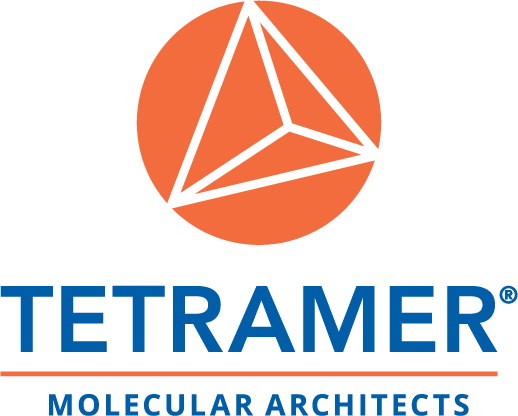Tetramer was recently awarded a DOE Phase IIB contract (DE-SC0011305) to continue the development of new proton exchange membrane materials for use in hydrogen generating electrolyzer units.
As the use wind turbines and solar cells to generate electricity increases, the need for efficient methods of storing this energy is also growing. Hydrogen gas can be generated from water by electrolysis and is able to store large amounts of energy in a relatively small volume. This hydrogen can be used as a transportation fuel, injected into the natural gas pipeline (thus making that energy carrier more green), used in the production of high value chemicals such as ammonia, or used to improve the efficiency of biogas production. In Europe, hydrogen is already being looked upon as a key part of the energy storage solution, providing a link between the electric and gas grid infrastructures.
Commercial proton exchange membrane (PEM) electrolyzer systems require only deionized water and an energy source to produce very high purity hydrogen gas. They operate at low voltages and respond very well to variable input loads (eg from renewable sources such as wind turbines or solar cells). In order to be more cost effective, improvements are needed in the efficiency of the membranes themselves.
In collaboration with a US based electrolyzer manufacturer, Tetramer has already demonstrated the production of PEMs with improved efficiency compared with current commercial materials. This goal of this project is to rapidly develop and commercialize this technology.


